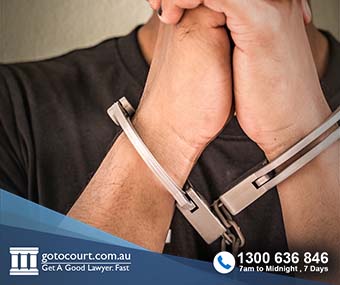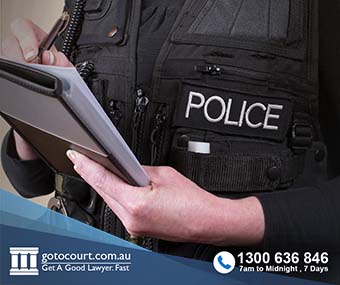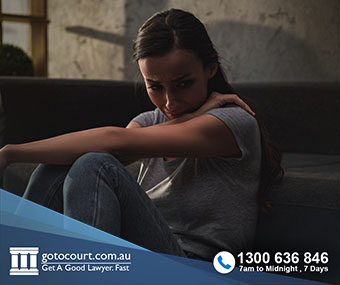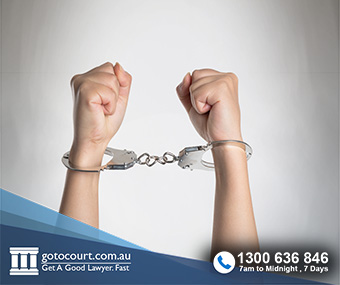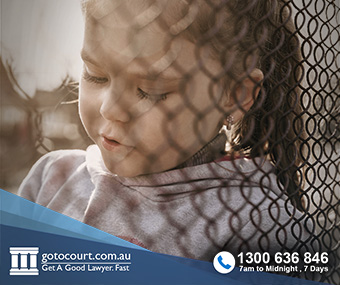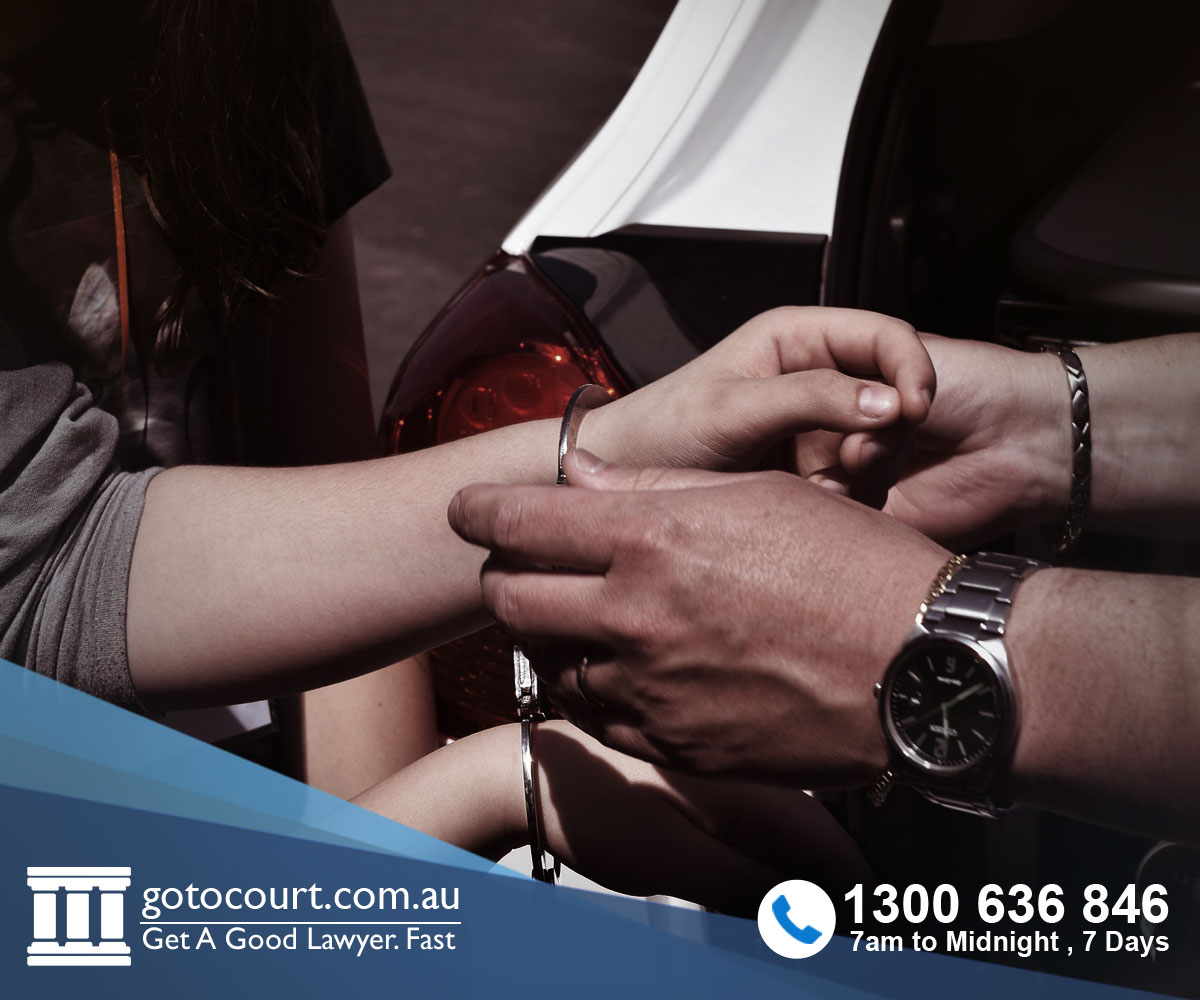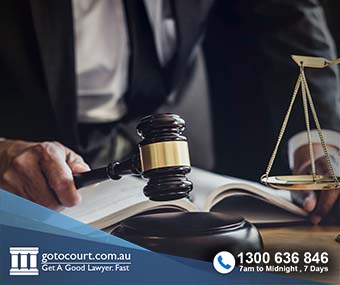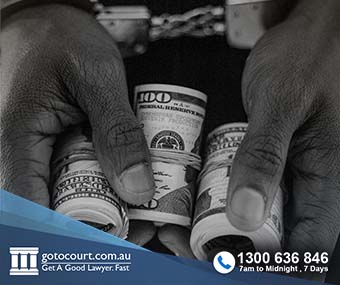Call our lawyers
now
or,
have our lawyers
call you
Applying for Bail in the Supreme Court (Tas)
Updated on Nov 22, 2022 • 5 min read • 391 views • Copy Link
Applying for Bail in the Supreme Court (Tas)
When a person is charged with criminal offences in Tasmania, they may be remanded in custody or released on bail. Decisions about bail are made under the Bail Act 1994. While the majority of court decisions about bail are made by magistrates, the Supreme Court is also sometimes asked to make a decision about bail. This page deals with applying for bail in the Supreme Court of Tasmania.
Appealing against a magistrate’s decision
A person may appeal to the Supreme Court against a magistrate’s refusal to grant bail (section 21A, Bail Act). This must be done within 21 days of the decision.
This appeal is made to the Supreme Court using a Notice of appeal against refusal of a magistrate to grant bail form. This form must be completed with the details of the charges, the accused’s legal representation, the bail conditions proposed and details about the accused’s circumstances including their employment and accommodation, their family situation and any proposed bail sureties.
Once filed, the Notice must be served on the prosecution within seven days.
Applying for Supreme Court bail
A person may apply for Supreme Court bail when they have been committed to the Supreme Court on charges on indictment. This means that when a person is charged with a serious indictable offence such as robbery, they can seek Supreme Court bail after the matter has gone through the preliminary stages in the Magistrates Court and has been transferred to the Supreme Court for finalisation.
This application must be made by filing an Application for Supreme Court bail, completed with the details of the charges, when the matter is next listed before the Supreme Court and the accused’s circumstances. This application must be served on the prosecution after filing.
If a person is facing a serious indictable charge such as robbery and wants to apply for bail when the matter is still in the early procedural stages and before it has been committed to the Supreme Court, they must apply for bail in the Magistrates Court. If a person is charged with murder or treason, however, they cannot be granted bail by a magistrate.
Bail variation
A person may apply to the Supreme Court for a variation of bail conditions. This application can be made when bail was granted in the Magistrates Court or in the Supreme Court.
An application for a bail variation in the Supreme Court is made with an Application to vary bail form, setting out the details of the bail conditions, the variation sought and the grounds for the application, which must be filed and then served on the prosecution.
Conditions
A person who is released on bail must agree to attend court to answer their bail. The court can also impose additional bail conditions if it has particular concerns about a person’s release.
Surety
When a person is released on bail, the conditions of the bail agreement may involve a surety. This is a person who agrees to forfeit a sum of money if the accused breaches the conditions of their bail.
When a person agrees to be a surety, they may be required to deposit money immediately, or they may be required to pay the money only if there is a breach of bail.
If the accused breaches their bail, the prosecution may apply to the court for an order that the bail surety must forfeit some or all of the money they offered as security. This application will be served on the bail surety, and they will be given the opportunity to be heard before the application is decided.
The court will decide whether a surety has to forfeit some, or all of their security based on the circumstances of the breach of bail. In particular, the court will consider whether the bail surety was at fault for the breach, whether they have assisted the police to locate and arrest the accused, whether the accused is still at large and the surety’s financial circumstances.
A bail surety can apply to the court to be released from their obligations as a surety. The accused must be present for this application. If the surety is released, this may result in bail being revoked.
Breach of bail
Under section 9 of the Bail Act, it is an offence to breach the conditions of bail. This can attract a penalty of up to 12 months imprisonment or a fine of up to 20 penalty units, or both.
A person who breaches bail may also have their bail revoked and be remanded in custody until their matter is finalised, or until bail is granted.
A breach of bail will also be recorded on a person’s bail record and will be taken into consideration if the person applies for bail in the future.
If you require legal advice or representation in any legal matter, please contact Go To Court Lawyers.


Affordable Lawyers
Our Go To Court Lawyers will assist you in all areas of law. We specialise in providing legal advice urgently – at the time when you need it most. If you need a lawyer right now, today, we can help you – no matter where you are in Australia.How It Works








1. You speak directly to a lawyer
When you call the Go To Court Legal Hotline, you will be connected directly to a lawyer, every time.


2. Get your legal situation assessed
We determine the best way forward in your legal matter, free of charge. If you want to go ahead and book a face-to-face appointment, we will connect you with a specialist in your local area.


3. We arrange everything as needed
If you want to go ahead and book a fact-to-face appointment, we will connect you with a specialist in your local area no matter where you are and even at very short notice.



